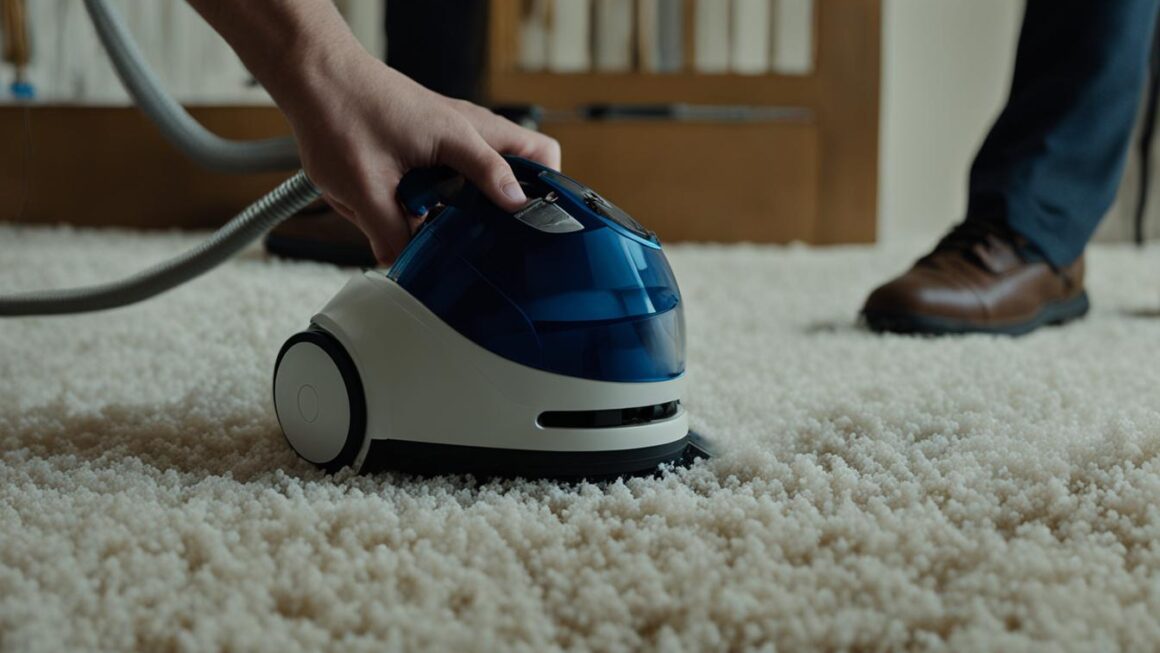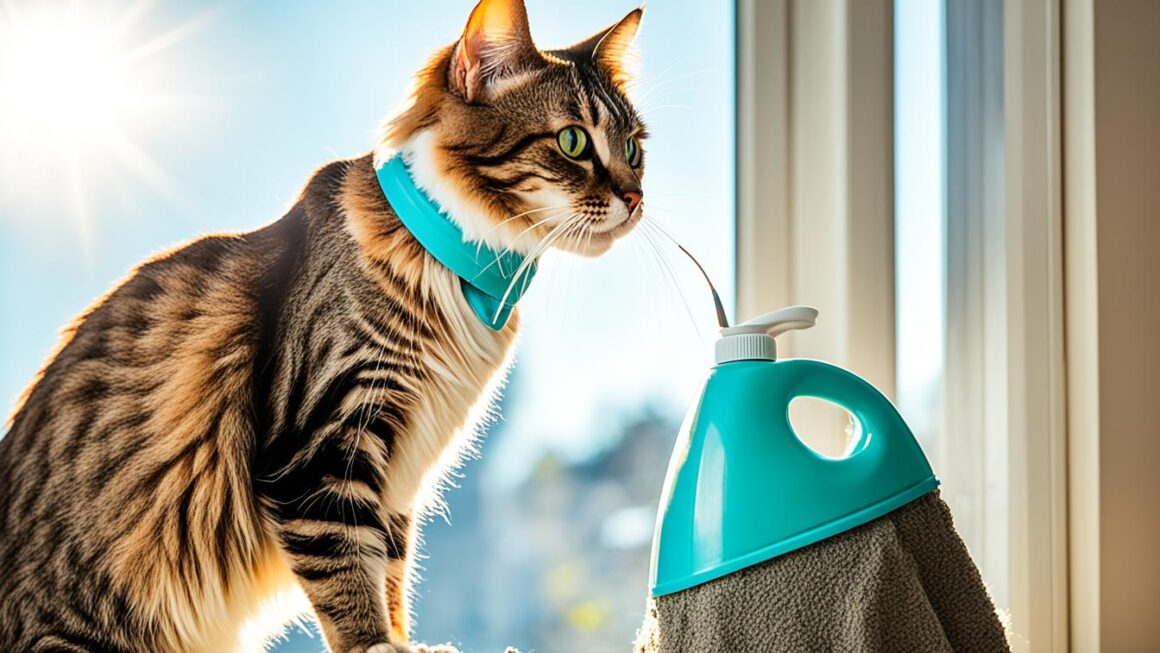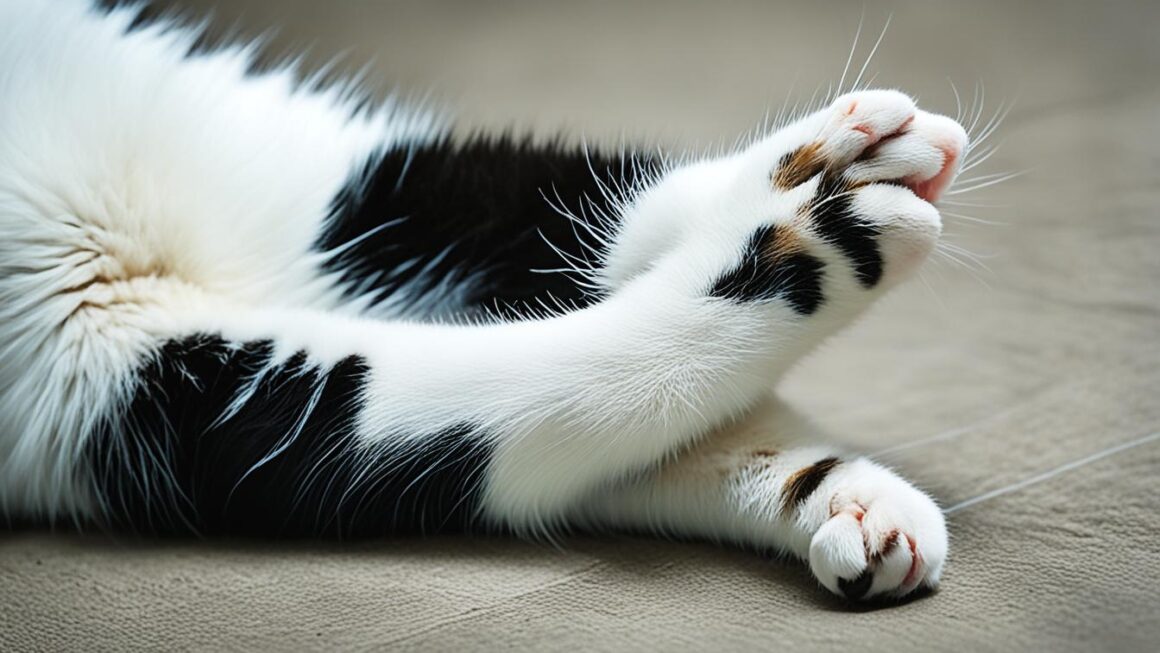Deworming your cat is an important step in maintaining their health. The time it takes for the deworming medication to take effect and eliminate the worms can vary. It usually ranges from 3 days to 3 weeks, depending on the type of worms and the dewormer used. Some worms are easier to eliminate than others, and additional medications may be needed to target eggs and larvae. Factors such as the number of worms in your cat’s body and their overall health condition can also affect the duration of the deworming process.
It is important to consult your veterinarian for guidance on the best deworming protocol for your cat and to ensure their well-being post-treatment.
Key Takeaways:
- The time it takes for deworming medication to take effect can vary from 3 days to 3 weeks.
- The type of worms and dewormer used can impact the duration of the deworming process.
- Consult your veterinarian for guidance on the best deworming protocol for your cat.
- Additional medications may be needed to target eggs and larvae.
- Factors such as the number of worms and your cat’s overall health condition can affect the duration of the deworming process.
Factors Affecting Deworming Process

Several factors can influence the duration of the deworming process in cats. Understanding these factors can help cat owners better care for their furry friends and ensure successful treatment. The following are the key factors that play a crucial role in the effectiveness and duration of the deworming process:
Type of Worms
Different types of worms require specific deworming medications. For instance, tapeworms can be effectively treated with medications like praziquantel and fenbendazole. On the other hand, roundworms may require more aggressive medications such as milbemycin or pyrantel pamoate. Each type of worm responds differently to treatment, which can affect the time it takes for complete elimination.
Number of Worms
The number of worms in a cat’s body can significantly impact the duration of the deworming process. If there is a high worm burden, multiple doses of medication may be necessary, and the treatment period may be longer. It is crucial to consult with a veterinarian to determine the appropriate deworming protocol based on the severity of the infestation.
Type of Dewormer Used
The choice of dewormer can also affect the effectiveness and duration of the treatment. Different dewormers have varying mechanisms of action and efficacy against specific types of worms. Working closely with a veterinarian will help ensure the selection of the most suitable dewormer for your cat’s specific needs.
Cat’s Health Condition
The overall health condition of a cat can impact the deworming process. Cats with compromised immune systems or underlying health issues may require additional care and a longer treatment period. It is important to provide the veterinarian with a complete medical history and discuss any health concerns to ensure the best approach to deworming.
By taking into account these factors, cat owners can work closely with their veterinarians to develop a personalized deworming plan that takes into consideration the type of worms, number of worms, type of dewormer, and the cat’s overall health condition. This collaborative approach will help ensure successful deworming and promote the health and well-being of feline companions.
What To Do To Stop Risks Of Re-Infection In Cats?

To minimize the risk of re-infection in your cat after deworming, there are several preventive measures you can take. Practicing good hygiene is crucial in reducing the spread of worm eggs and preventing re-infestation. This includes regularly removing feces from the litter box, cleaning the litter box with cat-safe detergents, and maintaining cleanliness in your cat’s living environment by regularly washing bedding, blankets, and play areas. Reducing overcrowding is also important as close contact between cats can facilitate the transmission of worms. Providing enough space for each cat and ensuring separate litter boxes, food bowls, and water bowls can help minimize the risk.
Regular deworming medication is another essential preventive measure. Following a proper deworming schedule based on your cat’s age, lifestyle, and risk factors can help prevent the accumulation of worms and maintain their overall health. It is important to consult your veterinarian for guidance on the most suitable deworming schedule and medication for your cat.
Preventing re-infection through good hygiene:
- Regularly remove feces from the litter box.
- Clean the litter box with cat-safe detergents.
- Wash bedding, blankets, and play areas regularly.
Reducing overcrowding:
- Provide enough space for each cat.
- Ensure separate litter boxes, food bowls, and water bowls.
Regular deworming medication:
Follow a proper deworming schedule based on your cat’s age, lifestyle, and risk factors. Consult your veterinarian for guidance on the most suitable deworming schedule and medication for your cat.
| Preventive Measures | Benefits |
|---|---|
| Practicing good hygiene | – Reduces the spread of worm eggs – Prevents re-infestation |
| Reducing overcrowding | – Minimizes the risk of worm transmission – Provides a healthier living environment for cats |
| Regular deworming medication | – Prevents accumulation of worms – Maintains overall cat health |
Conclusion
Deworming plays a crucial role in maintaining the health and well-being of cats. By understanding the factors that can influence the duration of the deworming process, cat owners can take necessary steps to ensure a successful and effective treatment.
Factors such as the type of worms, number of worms, type of dewormer used, and the overall health condition of the cat can impact the duration of the treatment. It is important to consult with a veterinarian to determine the best deworming protocol for your cat based on these factors.
To keep your cat parasite-free and promote their overall health, it is also essential to practice good hygiene, reduce overcrowding, and administer regular deworming medication. By following these measures, you can help protect your cat from reinfection and maintain their well-being.
Remember, the guidance and personalized advice of a veterinarian are invaluable when it comes to cat deworming. Consult with an expert to get the best recommendations for your cat’s specific needs and ensure their health and happiness.




